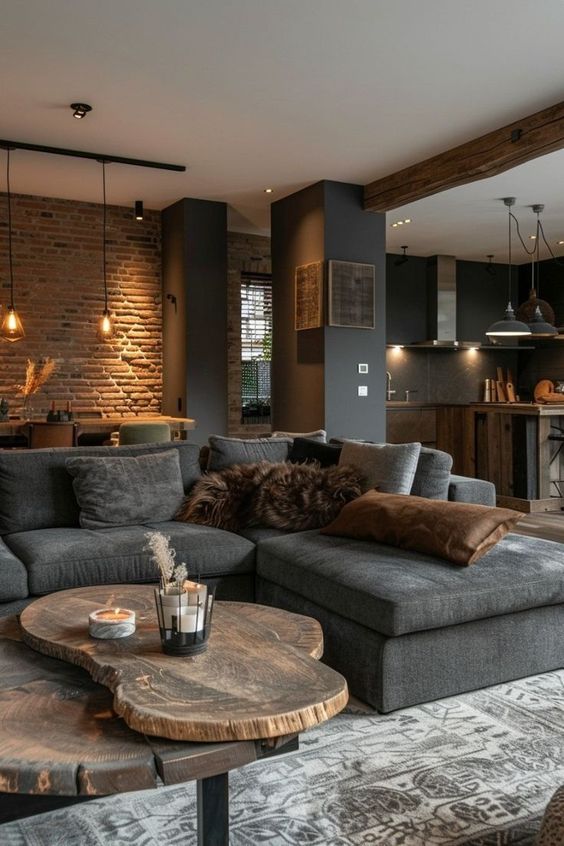1. Energy-Efficient Appliances
Investing in energy-efficient appliances is one of the most effective ways to reduce your home’s carbon footprint. These appliances use advanced technology to lower energy consumption without sacrificing performance.
Benefits:
- Lower utility bills
- Reduced greenhouse gas emissions
- Improved appliance performance
2. Solar Panels
Solar panels are an excellent way to harness renewable energy. By installing solar panels on your roof, you can generate your own electricity and reduce reliance on fossil fuels.
Advantages:
- Free electricity after installation
- Government incentives and rebates
- Increase in home value
3. Water-Efficient Fixtures
Water-efficient fixtures like low-flow toilets, faucets, and showerheads can significantly reduce your water usage without sacrificing comfort. This is particularly important in areas prone to drought.
Why They Matter:
- Conserve water resources
- Lower water bills
- Promote a sustainable lifestyle
4. Sustainable Building Materials
When building or renovating your home, choosing sustainable materials such as bamboo, reclaimed wood, or recycled metal can have a huge impact on the environment.
Considerations:
- Durability and longevity
- Low chemical emissions
- Local sourcing to reduce carbon footprint
5. Smart Home Technology
Smart home technology can help you manage your energy use more efficiently. For example, smart thermostats can automatically adjust your home’s temperature based on your habits, ensuring you’re not wasting energy.
Key Features:
- Remote control access
- Energy usage monitoring
- Integration with renewable energy systems
6. Green Landscaping
Your outdoor space is just as important in creating an eco-friendly home. Implementing green landscaping techniques such as xeriscaping can reduce water consumption and enhance local biodiversity.
Strategies Include:
- Planting native species
- Using mulch to retain moisture
- Implementing rain gardens to manage runoff
7. Proper Insulation
Good insulation helps maintain your home’s temperature, which means less energy is required for heating or cooling. Choose eco-friendly insulation options like cellulose or sheep’s wool for optimal performance.
8. Efficient Waste Management
Implementing an efficient waste management system, including composting and recycling, is essential for any eco-friendly home. By reducing waste sent to landfills, you contribute to a healthier environment.
Best Practices:
- Set up separate bins for recycling and compost
- Educate family members on proper waste disposal
- Purchase products with minimal packaging
Final Thoughts
Creating an eco-friendly home is not just about making a few changes; it’s a lifestyle choice that can have long-lasting effects on the environment. By incorporating these eight features, you can create a space that is not only sustainable but also comfortable and efficient. Remember, every small step counts towards a greener future. Embrace the journey of transforming your home, and you will not only feel good about your choices but also inspire others to do the same!



